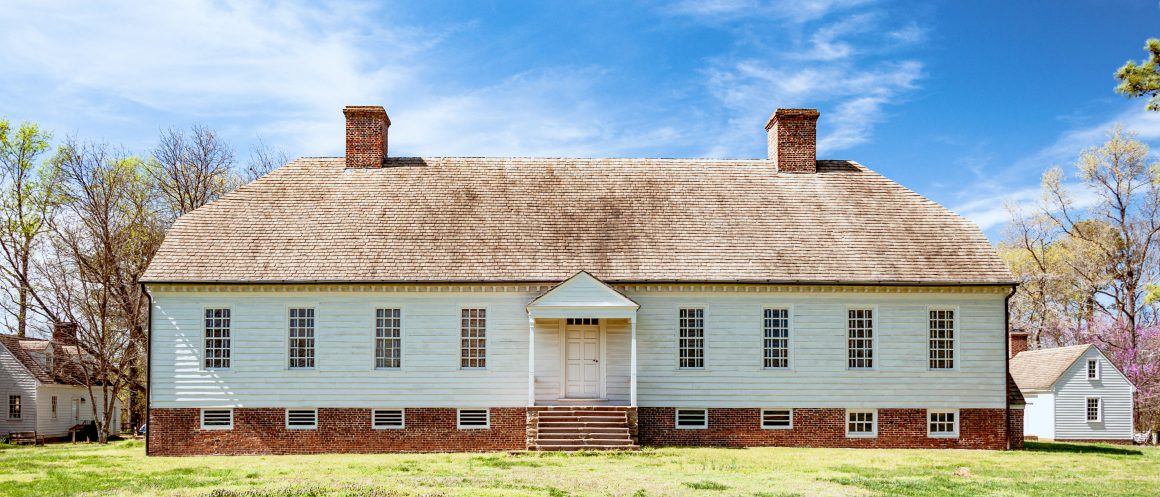1619 was a pivotal year in Virginia for many reasons, but author K.I. Knight says that one key issue that did not begin in 1619 was slavery. The “Twenty and odd” did arrive in August 1619, but according to Ms. Knight’s meticulous research the “Twenty” were in fact 14 at first, and many of those 14 went on to help save the colony after the 1622 uprising before securing land of their own. Some of them, like Anthony Johnson, even owned slaves themselves.
For sure, slavery seems to have been around the Virginia landscape in some form by the 1640s, but it wasn’t the institution that it became by the 18th and 19th centuries. Kathryn puts together an astounding narrative weaving extant court and genealogical records together to prove that the immoral institution evolved over time, before it became legally organized by the late 1690s and early 1700s. Exact beginning dates are hard to pin down, largely due to lost records. Regardless, the foundations for American slavery were being set during the 17th Century, and this episode discusses those foundations as they occurred in Virginia.
LINKS TO THE PODCAST:
- The K.I. Knight Interview on Libsyn
- RSS Feed
- VA History Podcast on iTunes
- VA History Podcast on Podbay
- VA History Podcast on Stitcher
- VA History Podcast Store
K.I. Knight’s Books and Links:
- Knight, K.I. Fate and Freedom: The Middle Passage, Book 1. First Freedom Publishing, 2014.
- Knight, K.I. Fate and Freedom: Turning the Tides, Book 2. First Freedom Publishing, 2017.
- Knight, K.I. Unveiled – The Twenty & Odd: Documenting the First Africans in England’s America 1619-1625 and Beyond. First Freedom Publishing, 2019.
- 1619 Genealogy Bank: Facebook Page
- Kinfolk Detective
- Project 1619 Inc.
- Hampton History Museum
- San Juan Bautista Replica
All photography used on this site is owned and copyrighted by the author. The Featured Image is of author Kathryn Hall Knight at Fort Monroe.
**Special thanks to Terry Brown at Fort Monroe, who graciously lent his office to Kathryn and me for this interview. If you haven’t heard my interview with Terry, please, find that here.
Music used for this episode – Louis Armstrong and the Mills Brothers,”Carry Me Back to Old Virginia” available on iTunes, and Symphony No. 7 in C Major, Op. 60 “Leningrad”: IV. Allegro Non Troppo by Dmitri Shostakovich, performed by the Chicago Symphony Orchestra directed by Leonard Bernstein, also available on iTunes.








